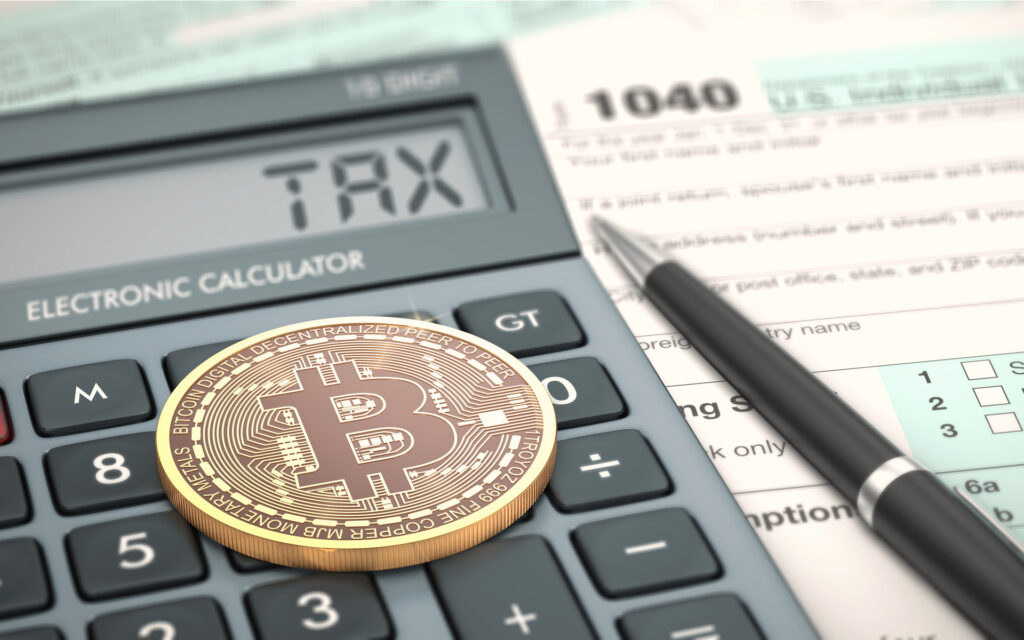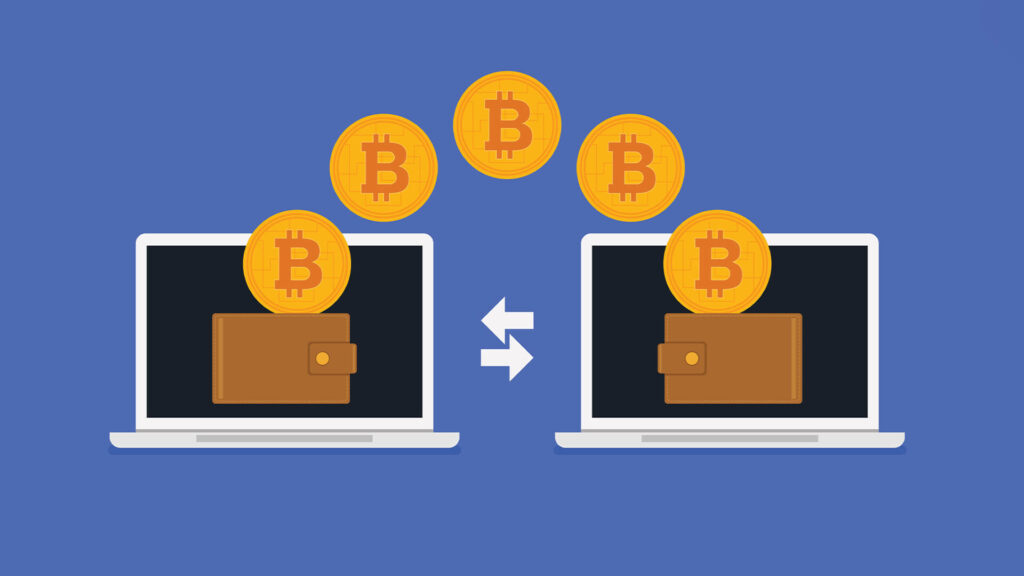Because of the widespread use of cryptocurrencies in the financial world, banks and other financial institutions have been forced to react to the cryptocurrency market. Banks have begun to appreciate cryptocurrency’s features and are interested in using blockchain technology in their existing financial system.
The decision was made in order to attract potential investors who typically transact with third parties using millions of dollars in assets and cash. These organizations have also begun to issue smart tokens and accept cryptocurrency payments in order to boost the amount of money in their digital wallets.
But the main question that arises is do these banks report bitcoin transactions? Read on to find the answer.
Is Bitcoin Taxable In the USA?

Img source: bitcoinist.com
Yes, in a nutshell, to that question. The fact that bitcoin is classified as an asset makes it taxable. The IRS has made it mandatory for taxpayers to disclose all bitcoin transactions, regardless of their value. However anonymous the cryptocurrency market might be, Uncle Sam may knock at your door soon to take up large quantities of your winnings in the form of taxes if you have gained profits from significant increases in their price.
Every U.S. taxpayer is expected to retain a record of all Bitcoin purchases, sales, investments, and usage. In July 2019, the IRS sent warning letters to over 10,000 taxpayers who are suspected of “potentially failing to declare income and pay the resultant tax from virtual currency transactions, or did not disclose their transactions properly.” It warned that failing to declare income correctly could result in fines, interest, or even criminal charges.
This is actually fantastic news for long-term bitcoin investors because it implies you’ll get a better tax deal. Ordinary income tax rates apply to currency, which is less favorable than capital gains tax rates.
If you are interested in trading Bitcoin legally and gaining some profits, visit bitcoincircuitnow.com/pt/login
If you’re a non-US investor, keep in mind that the taxation of cryptocurrency varies by jurisdiction. Unless you have tax duties in the United States (which is uncommon), check with your local country’s tax expert to ensure your tax reporting obligations in your home jurisdiction.
Which Bitcoin Transactions Are Subject To Taxation?

Img source: wealthandfinance-news.com
The following sorts of Bitcoin transactions are subject to taxation:
- When you sell Bitcoins that you had mined personally to a third party.
- Bitcoins purchased from a third party are sold to a third party.
- Purchasing goods or services with mined Bitcoins.
- Purchasing products and services with Bitcoin that have been purchased from someone.
After deducting expenses incurred throughout the mining process, the first and third scenarios are taxed as personal or business income. The second and fourth situations are more similar to asset investments.
Do Banks Report Your Bitcoin Transactions?

Img source: reuters.com
As you can see, keeping precise records of your bitcoin transactions is crucial when it comes to tax time. Because possessing digital money isn’t as simple as owning stocks, the institution where you store it may not produce a 1099 form to assist you with tax reporting. It is your responsibility to notify the IRS of any gains or losses resulting from bitcoin taxable events. With that being said, it is not the bank who reports the transactions. It is your sole duty to report it to the IRS.
The IRS advises that you retain records of any digital currency receipts, sales, exchanges, or other dispositions, as well as the fair market value at the time of the transaction. It’s usually simple to track or generate information about your transactions if you keep your virtual currency in your account on the exchange where you bought it. However, if you move your cryptocurrency between private wallets or have it in numerous locations, you’ll need to be more cautious about keeping track of it.
To figure out how much profit or loss you’ll have to report, you’ll need to know the cryptocurrency’s worth in US dollars at the time you bought or acquired it. Your cost basis is the total amount you paid, including any fees you paid. To calculate your tax implications, you’ll compare this to the price when you sell or spend it.
The silver lining is that, while you must account for bitcoin capital gains, you may also deduct bitcoin capital losses.
Don’t believe you’ll be able to “forget” to report. The IRS is well aware of these hazards, and it is constantly watching and scrutinizing this new investment.
What Happens If You Don’t Report Your Cryptocurrency Deals?

Img source: mashable.com
Cryptocurrency exchanges aren’t required to send you or the IRS tax forms. However, you must still disclose your cryptocurrency transactions on your own.
Some exchanges will create reports that will assist you in filing your taxes. Third-party software can also assist you in determining what to disclose on your taxes.
Even if you didn’t realize you needed to record your bitcoin transactions, failing to do so could result in an IRS audit, penalties, and interest. Criminal prosecution for intentional tax evasion could result in up to five years in jail and a fine of up to $250,000.
While Bitcoin is secure in many ways, it is not entirely anonymous or untraceable. The IRS’ Fraud Enforcement Office is educating agents and collaborating with private organizations as part of
Operation Hidden Treasure to identify people who are seeking to avoid reporting bitcoin gains improperly.
Final Words
Knowing that you’ll have to report bitcoin transactions on your tax return, it’s a good idea to get a system in place to keep track of everything as soon as possible. There are third-party solutions that allow you to join several exchanges and virtual wallets in order to centralize all your transactions. If you want, you can track manually, although this can get difficult rapidly.
If you’re thinking about selling, exchanging, or using cryptocurrency, think about how long you’ve had it. It can make sense to wait if you’re approaching the one-year mark and will benefit from a lower capital gains tax rate.



